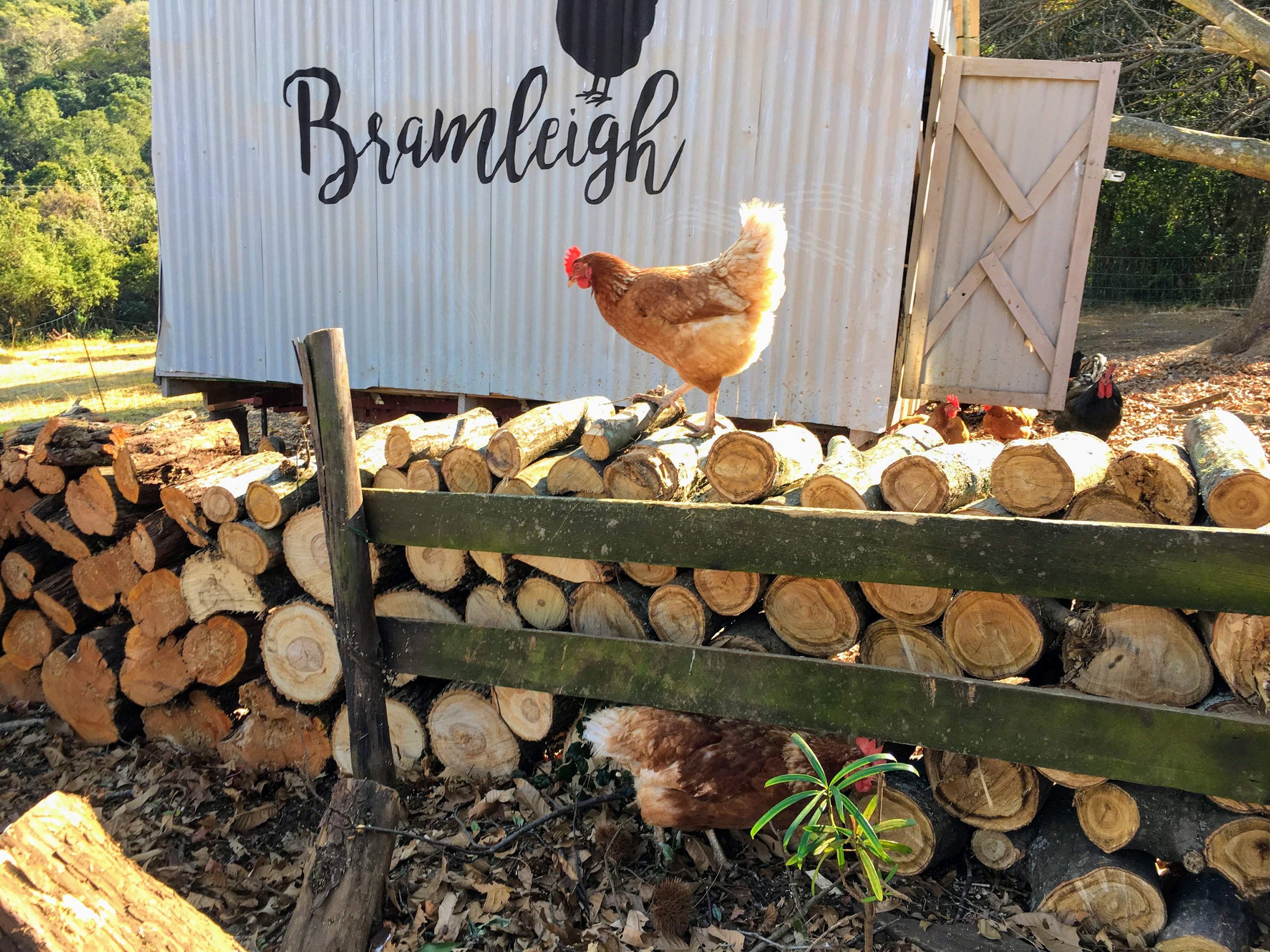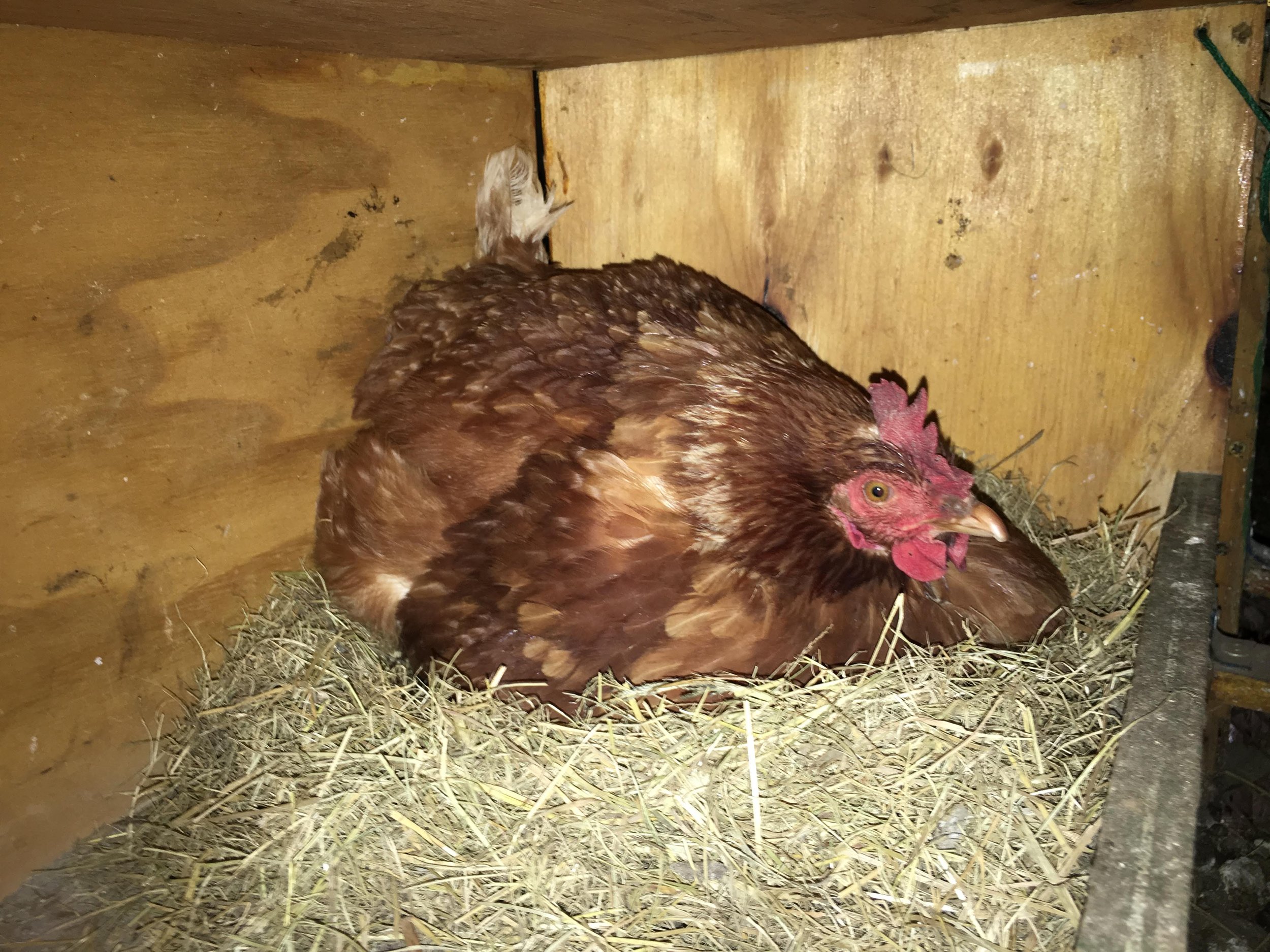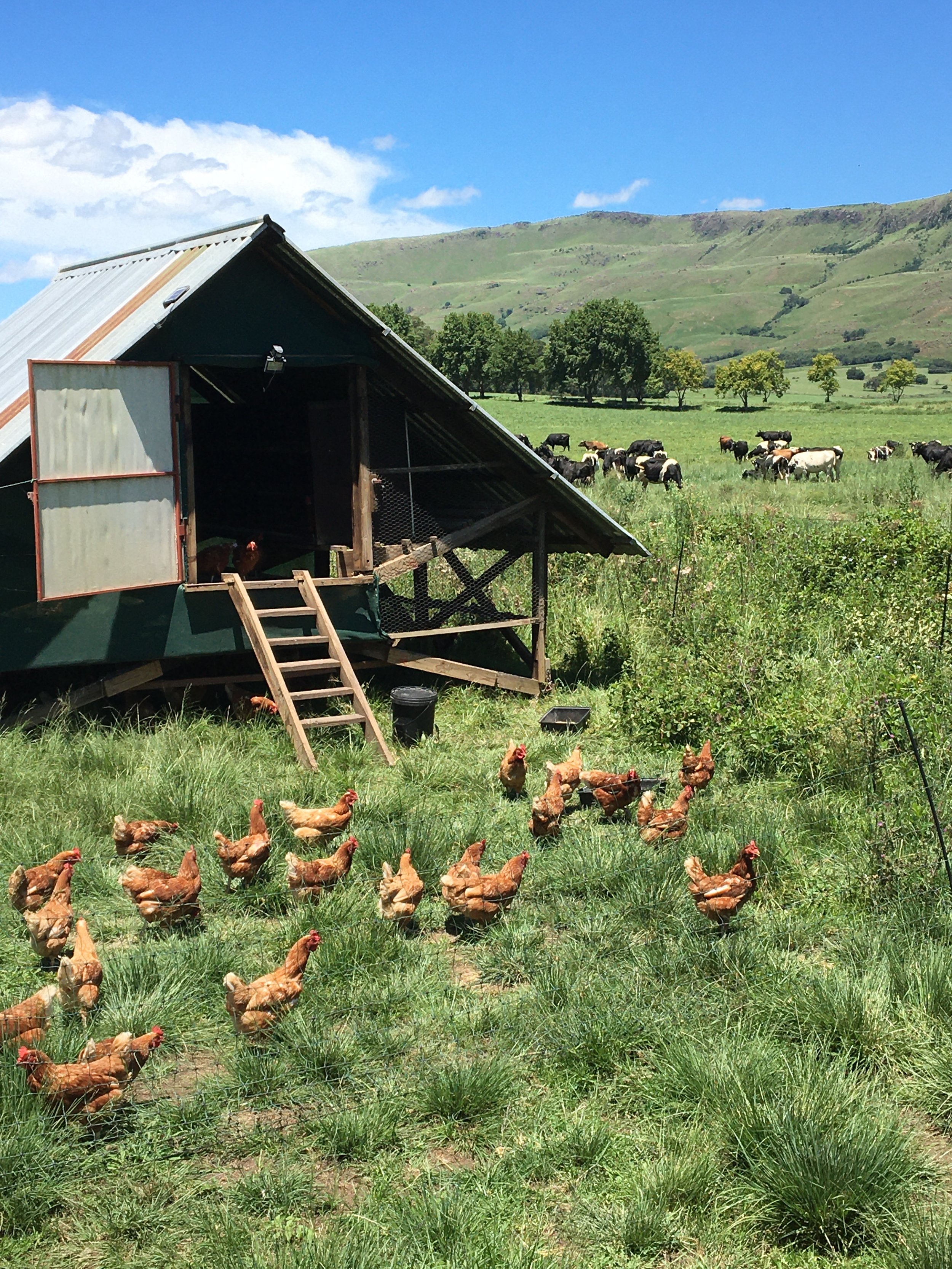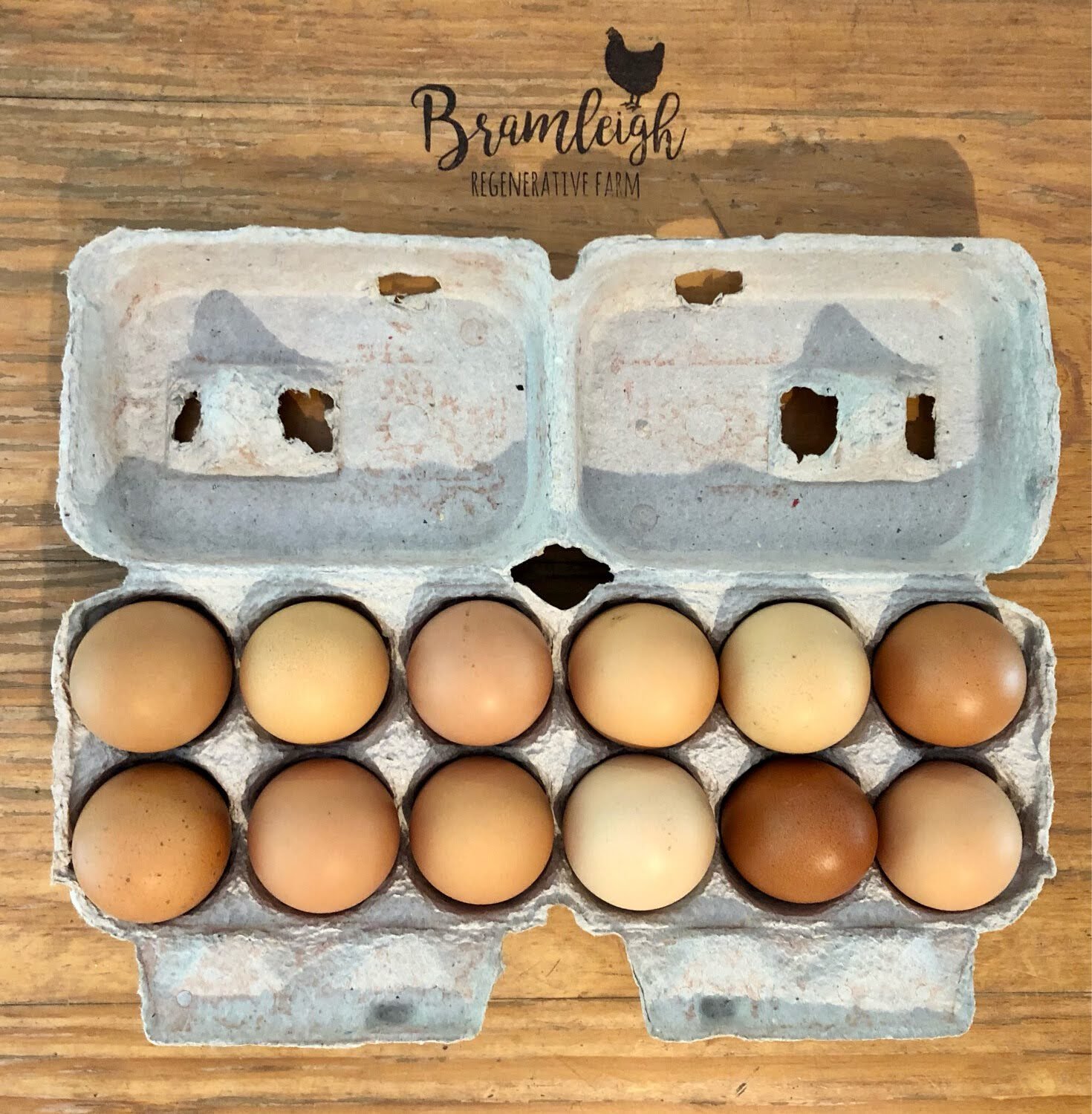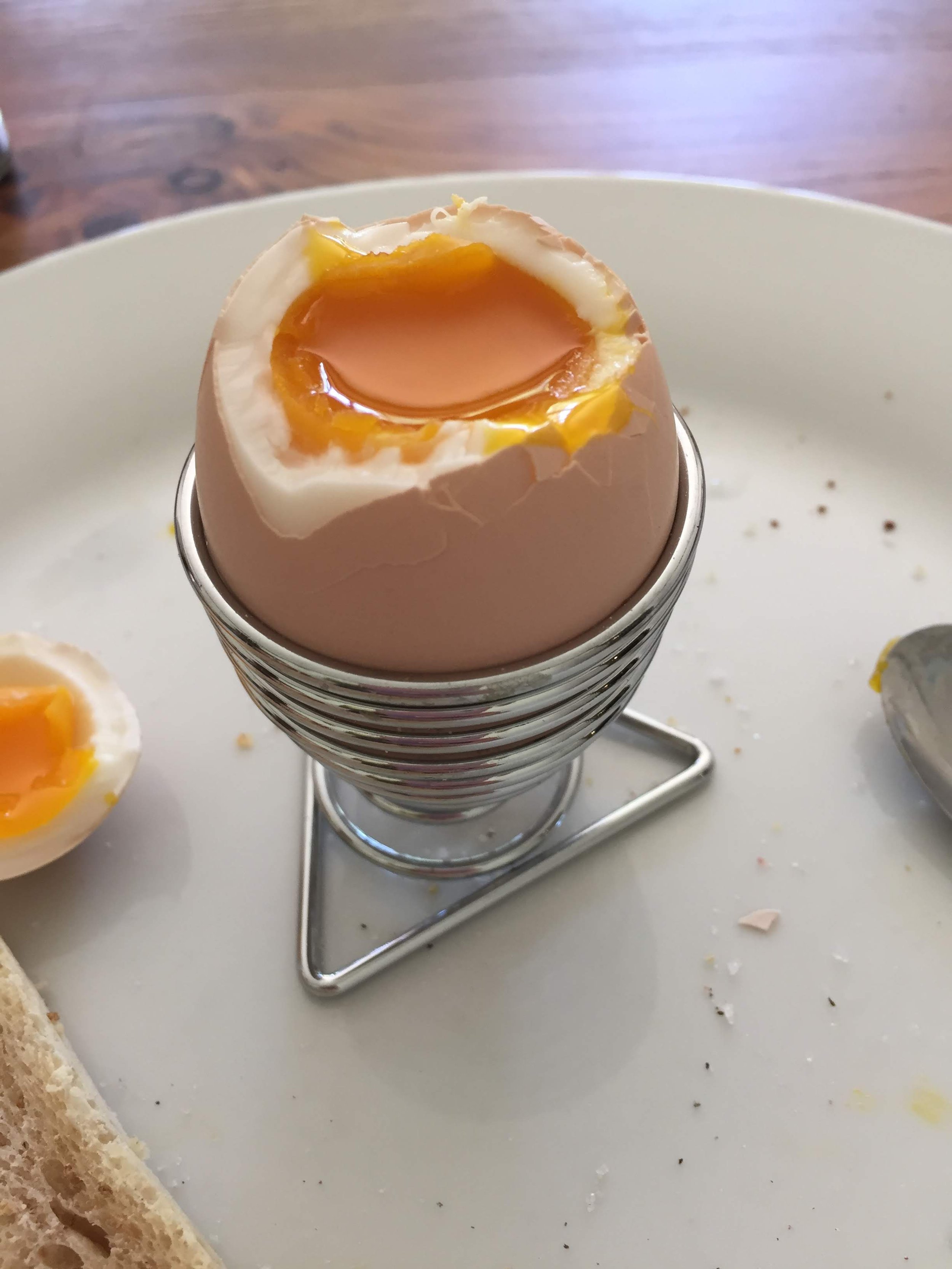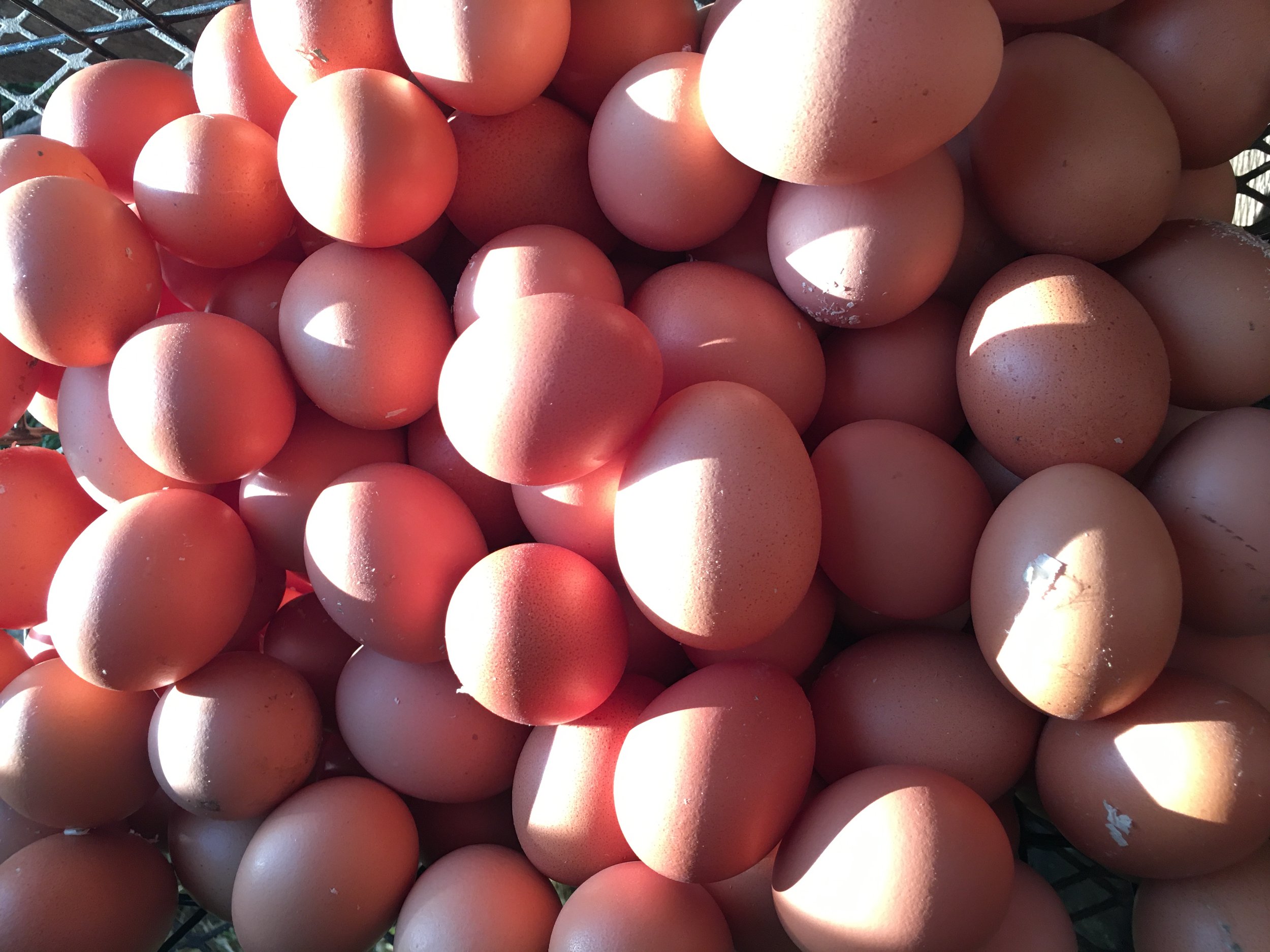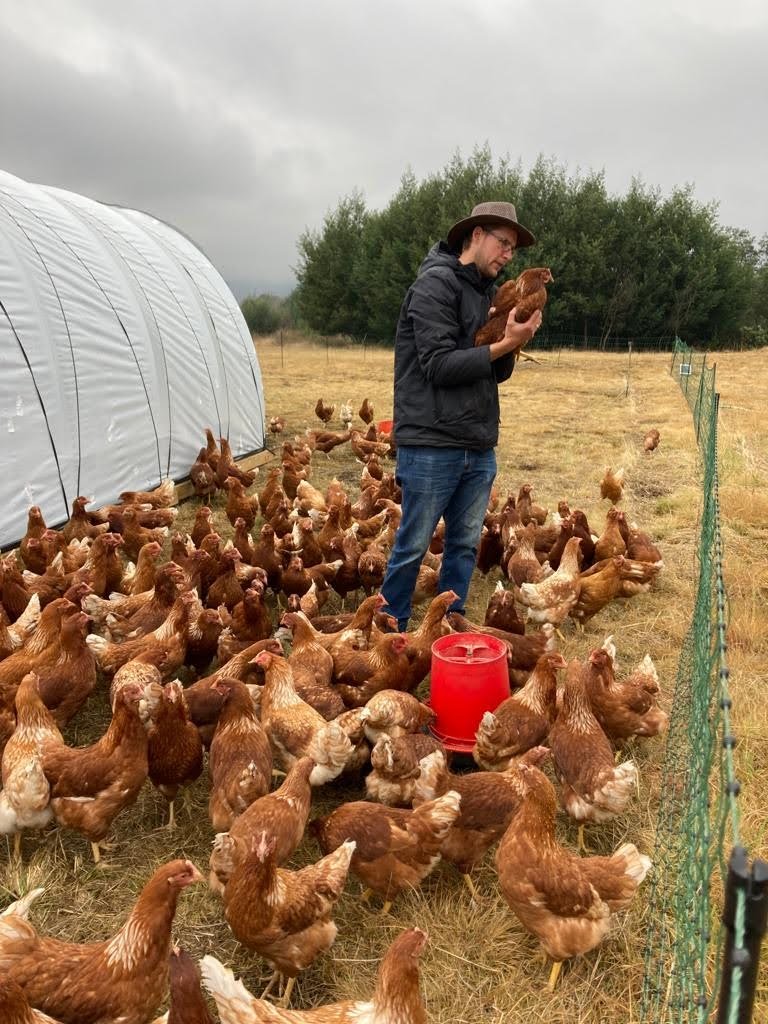What are non-GMO eggs?
Definition: A GMO, or genetically modified organism, is a plant, animal, microorganism or other organism whose genetic makeup has been modified in a laboratory using genetic engineering or transgenic technology.
GMO (genetically modified organisms) are plants, animals or microorganisms created by altering the genetic make up in a laboratory in way that would never occur naturally. Most often, GMO crops can withstand use of pesticides and herbicides that would kill them. Therefore these crops are sprayed with toxic chemicals. The residues can be found in the final food product and find their way onto your plate. These chemicals are considered dangerous to human health.
Using these chemicals when producing foods has a negative effect on the environment as all of the toxicity finds its way into soil and water.
Hens fed a diet of nonGMO feed mean that no residues will pass through into the egg.
NonGMO animal feeds usually do not contain any growth hormones, antibiotics or other additives such as yolk colourants.
Why are nonGMO products more expensive
NonGMO products, like organic products, are more expensive than conventionally produced foods. Why - because the input costs are much higher and less easy to get hold of. Scarcity drives the price up. What should be natural - a food that is produced from a seed that has not been altered in a lab, or foods produced without chemicals, are sadly not the norm.
However these products are natural, just as nature intended, and far better for human health.
NonGMO products usually go hand in hand with higher standards of animal welfare, for example pasture raised hens producing eggs.
However, pasture raised hens typically eat more because they are active, expending energy on roaming, scratching, dirt bathing etc. whereas free range and cage-free birds are comparatively less active. This also pushes the cost up. Not only is the feed more expensive, but the hens eat more too.
Bramleigh hens enjoy a double whammy - the benefit of nonGMO feed, and our hens are pasture raised meaning they are raised outdoors, free to roam, enjoy snacking on grasses, bugs, dirt-bathing in the sunshine and unlimited fresh air. The eggs produced by such happy hens may contain less cholesterol, less saturated fat, more Vitamin A, E, Omega-3s and beta carotene.
Good for the hen, good for the land, good for you.
REFERENCES:
https://naturalpioneers.com/organic-vs-non-gmo-eggs-difference/
https://www.cagummybears.com/blogs/gummy-blog/6-benefits-of-eating-non-gmo-and-all-natural-foods
https://www.nsf.org/blog/consumer/clearing-confusion-organic-non-gmo-labels
https://www.motherearthnews.com/real-food/free-range-eggs-zmaz07onzgoe


